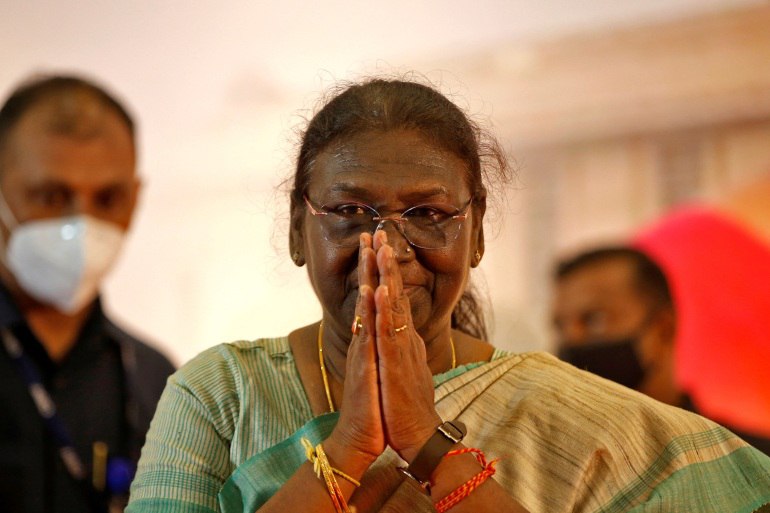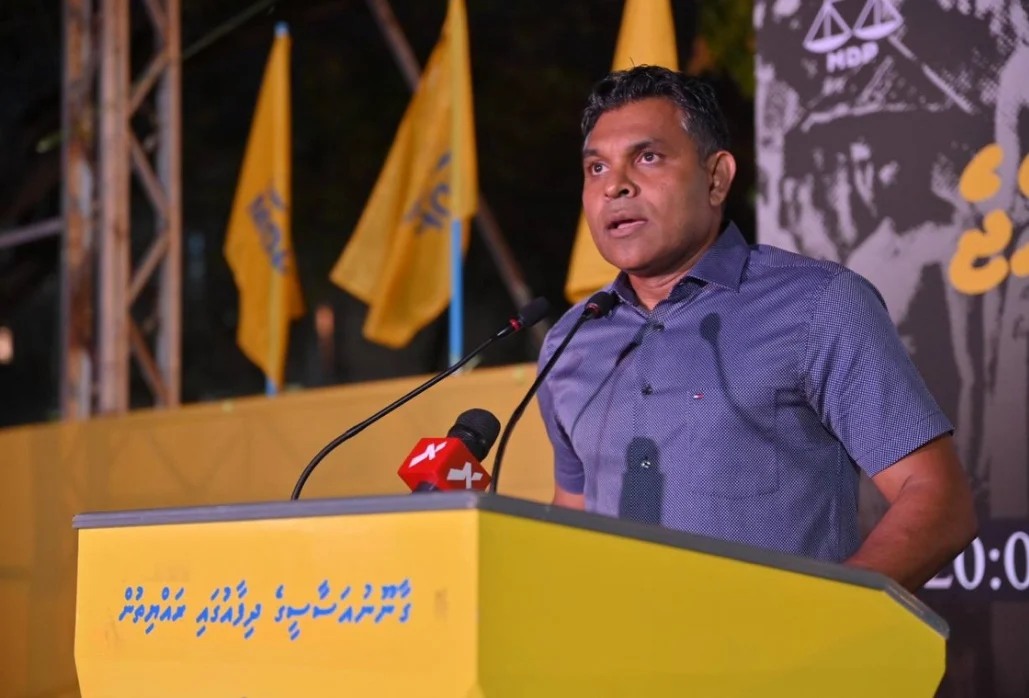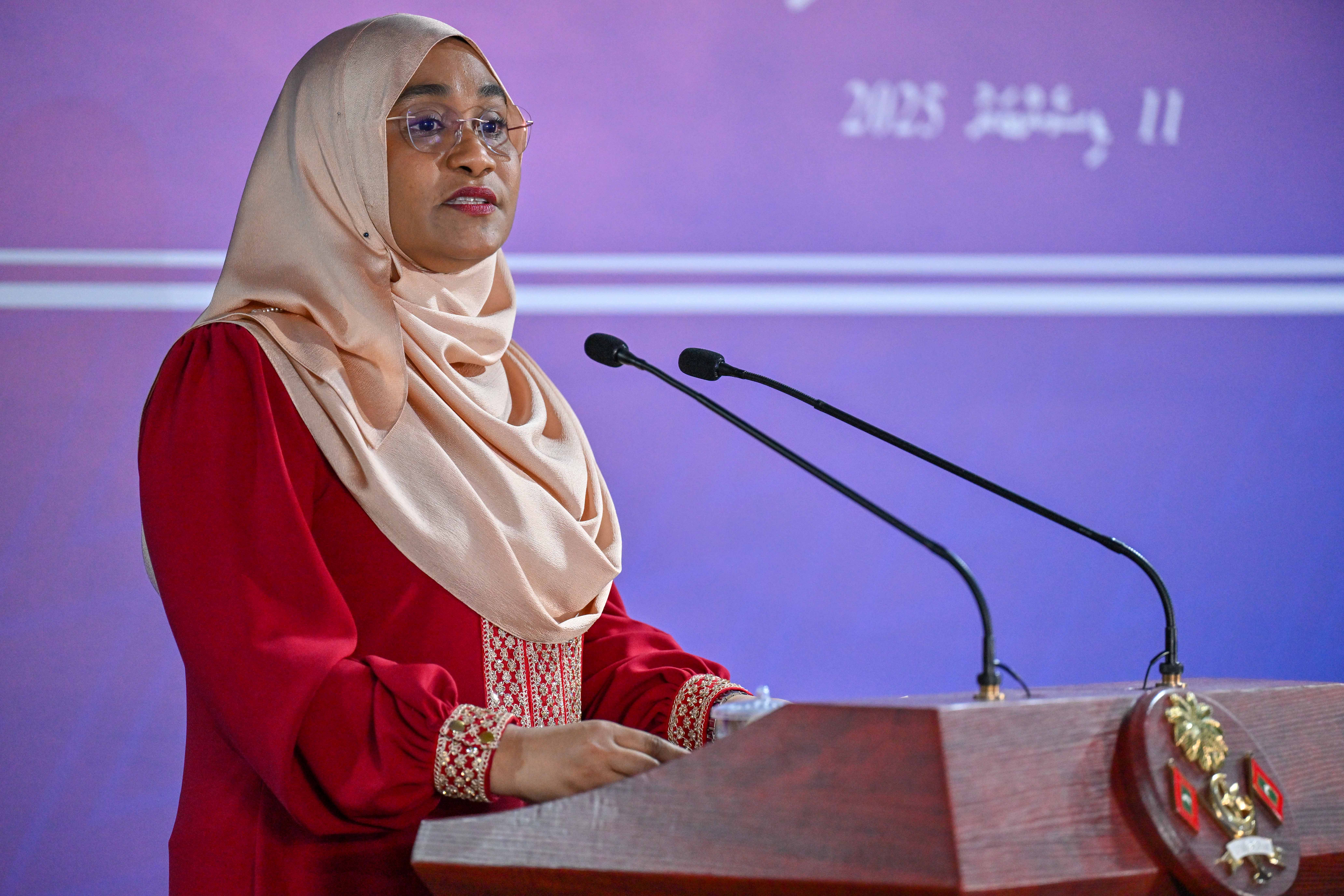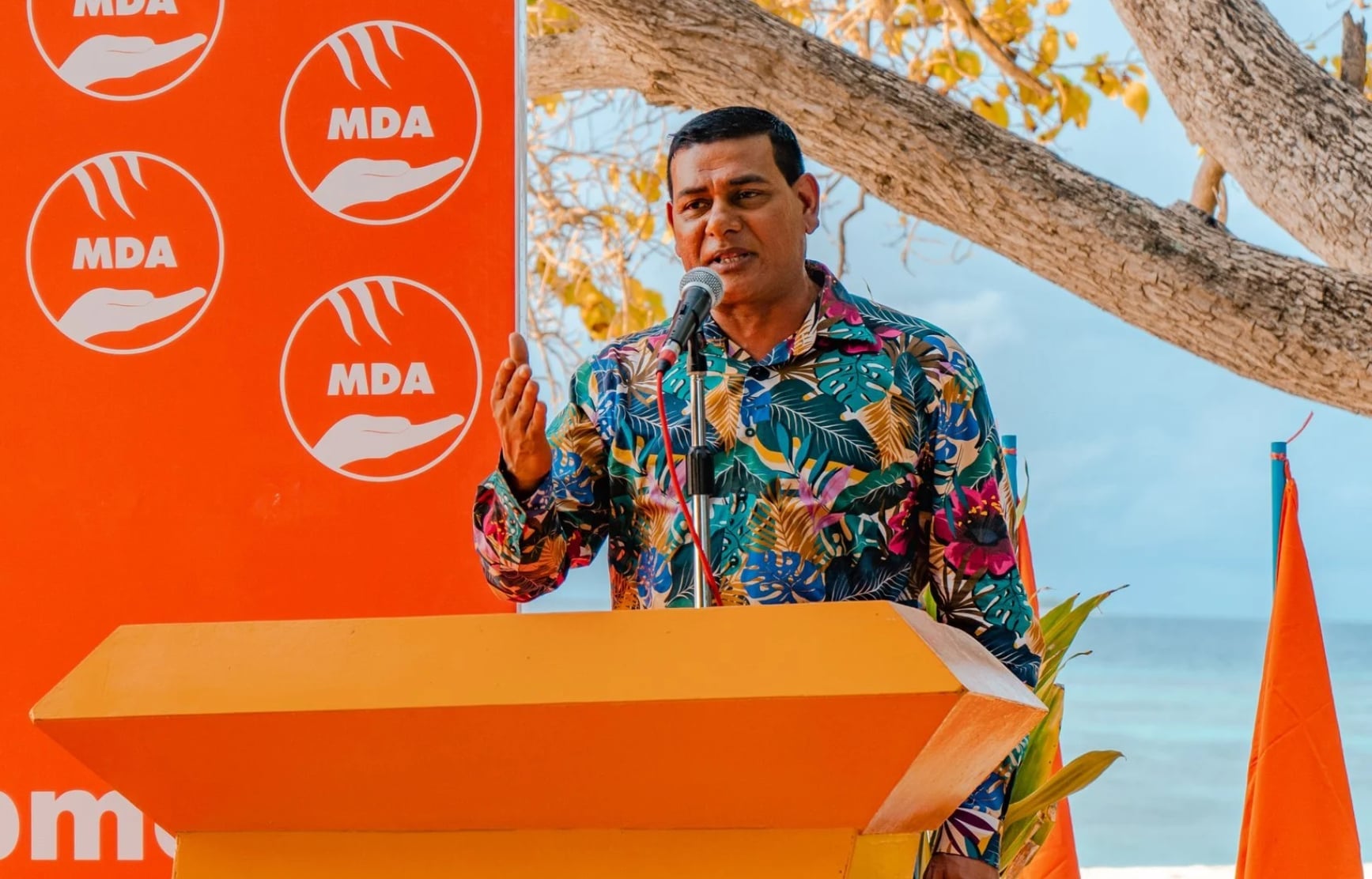Lawmakers began voting Monday to choose India’s next president. The election is expected to be won by a woman from India's ruling Bharatiya Janata Party who hails from a minority ethnic community.
Bharatiya Janata party has projected Draupadi Murmu as a leader representing poor tribal communities.
If elected, Murmu will be the first president from one of the country's remote villages and the second-ever female president of India. She hails from the eastern state of Odisha and previously was governor of Jharkhand state. She is a member of the Santal ethnic minority. Murmu, 64, hails from the eastern state Odisha and previously was governor of Jharkhand state.
The ongoing Draupadi Murmu's election is merely a formality because PM Modi's BJP has enough seats in both the federal and state legislatures to advance its preferred candidate. Additionally, she is likely to get the support of additional regional parties in state legislatures.
The members of both houses of Parliament and the elected representatives from each state's legislative assembly elect the president of India. Although the president's job is mostly ceremonial, it can be significant when there is political uncertainty, such as when there is a hung parliament, as this is when the office takes considerable influence.
The votes from Monday’s election will be counted Thursday.
Bharatiya Janata party has projected Draupadi Murmu as a leader representing poor tribal communities.
If elected, Murmu will be the first president from one of the country's remote villages and the second-ever female president of India. She hails from the eastern state of Odisha and previously was governor of Jharkhand state. She is a member of the Santal ethnic minority. Murmu, 64, hails from the eastern state Odisha and previously was governor of Jharkhand state.
The ongoing Draupadi Murmu's election is merely a formality because PM Modi's BJP has enough seats in both the federal and state legislatures to advance its preferred candidate. Additionally, she is likely to get the support of additional regional parties in state legislatures.
The members of both houses of Parliament and the elected representatives from each state's legislative assembly elect the president of India. Although the president's job is mostly ceremonial, it can be significant when there is political uncertainty, such as when there is a hung parliament, as this is when the office takes considerable influence.
The votes from Monday’s election will be counted Thursday.


















